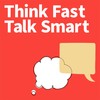
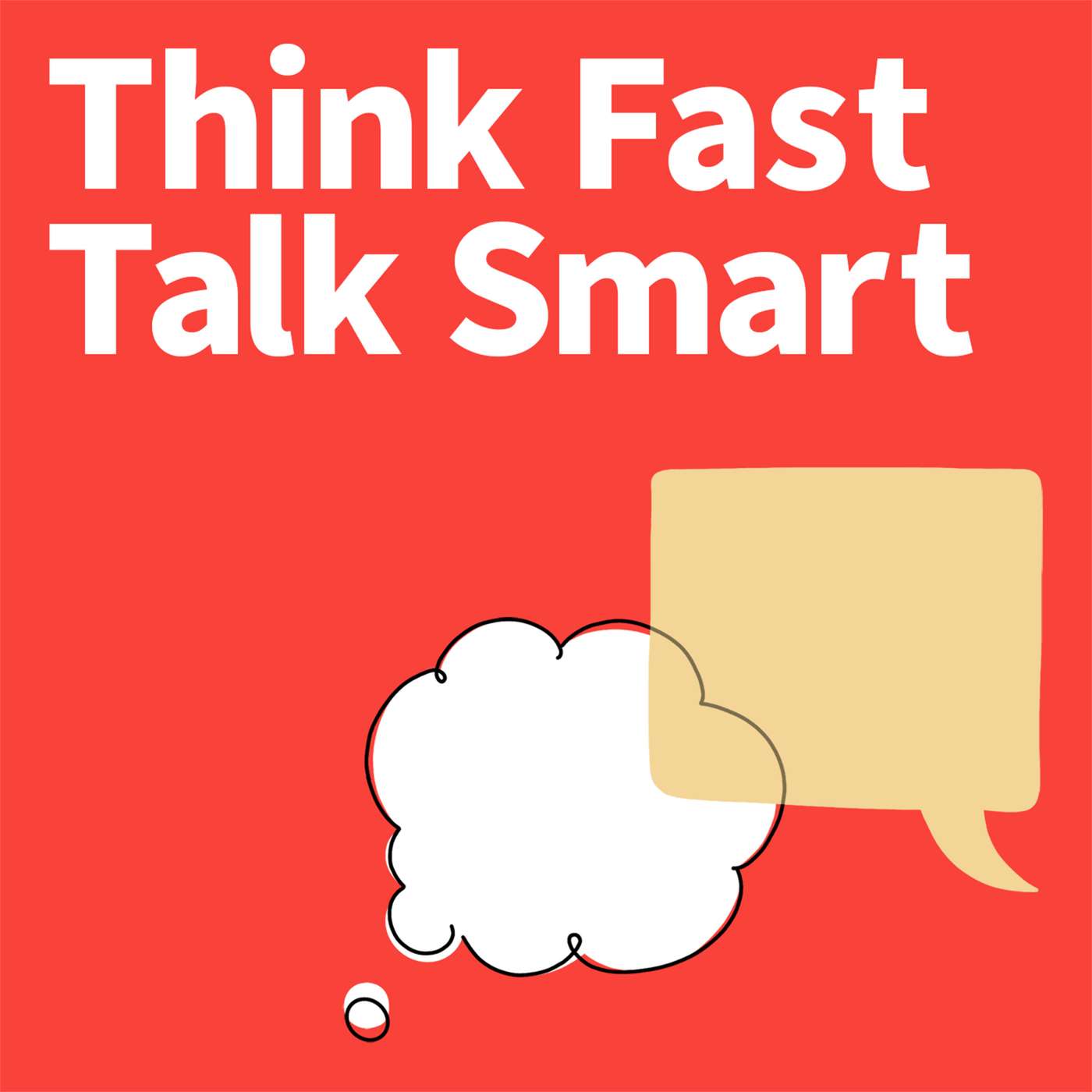
Think Fast Talk Smart: Communication Techniques
Matt Abrahams, Think Fast Talk Smart
One of the most essential ingredients to success in business and life is effective communication.
Join Matt Abrahams, best-selling author and Strategic Communication lecturer at Stanford Graduate School of Business, as he interviews experts to provide actionable insights that help you communicate with clarity, confidence, and impact. From handling impromptu questions to crafting compelling messages, Matt explores practical strategies for real-world communication challenges.
Whether you’re navigating a high-stakes presentation, perfecting your email tone, or speaking off the cuff, Think Fast, Talk Smart equips you with the tools, techniques, and best practices to express yourself effectively in any situation. Enhance your communication skills to elevate your career and build stronger professional relationships.
Tune in every Tuesday for new episodes. Subscribe now to unlock your potential as a thoughtful, impactful communicator. Learn more and sign up for our eNewsletter at fastersmarter.io.
Join Matt Abrahams, best-selling author and Strategic Communication lecturer at Stanford Graduate School of Business, as he interviews experts to provide actionable insights that help you communicate with clarity, confidence, and impact. From handling impromptu questions to crafting compelling messages, Matt explores practical strategies for real-world communication challenges.
Whether you’re navigating a high-stakes presentation, perfecting your email tone, or speaking off the cuff, Think Fast, Talk Smart equips you with the tools, techniques, and best practices to express yourself effectively in any situation. Enhance your communication skills to elevate your career and build stronger professional relationships.
Tune in every Tuesday for new episodes. Subscribe now to unlock your potential as a thoughtful, impactful communicator. Learn more and sign up for our eNewsletter at fastersmarter.io.
Episodes
Mentioned books

187 snips
May 28, 2024 • 26min
144. Communicating Through Conflict: How to Get Along with Anyone
Amy Gallo, a workplace expert and author of Getting Along: How to Work With Anyone, dives into the often misunderstood role of conflict in professional settings. She reveals that conflict is an inevitable and necessary part of building productive relationships. Gallo provides a four-step framework for transforming confrontations into opportunities for collaboration, emphasizing empathy and open communication. Learn how to navigate disagreements to foster growth and maintain positive dynamics at work as she shares her insights and practical techniques.
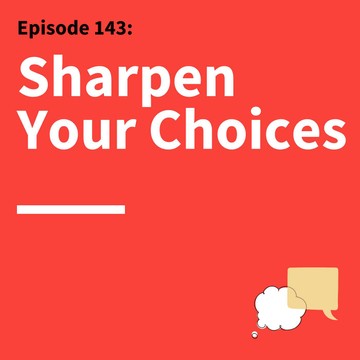
81 snips
May 21, 2024 • 25min
143. Adopt a VC Mindset: Achieve More by Thinking and Communicating Like a Venture Capitalist
Ilya Strebulaev, a finance professor at Stanford and founder of the GSB's Venture Capital Initiative, shares insights from his book, The Venture Mindset. He emphasizes that the best decision-makers ask, 'Why should we not proceed?' instead of seeking reasons to move forward. This contrarian approach fosters smarter leadership and encourages embracing failure as a stepping stone to success. Strebulaev also discusses the importance of using accessible language and strong listening skills to enhance communication and networking.
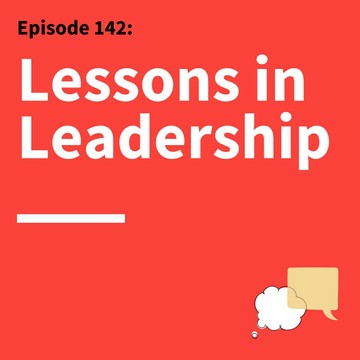
80 snips
May 14, 2024 • 39min
142. Power and Persuasion: Live Insights from Stanford Experts
In this engaging discussion, Michelle Gelfand, a cross-cultural management expert, delves into the dynamics of negotiation and the impact of cultural tightness versus looseness on behavior. Brian Lowery unpacks the societal implications of racial perceptions and the quest for meaning beyond achievements. Deborah Gruenfeld shares insights on power dynamics and personal presence, while Zakary Tormala explores the art of persuasion and the significance of word choice. This lively panel offers rich perspectives for enhancing communication skills and understanding diverse environments.
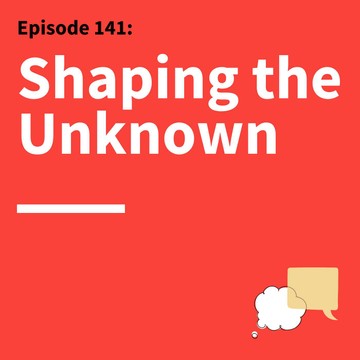
118 snips
May 7, 2024 • 26min
141. An Invitation for Innovation: Why Creativity Is Found, Not Forced
In this discussion, Linda Hill, a Harvard Business School professor specializing in leadership and innovation, reveals that true innovation comes from collaboration rather than individual vision. She emphasizes the power of diverse teams and the importance of communication in co-creating ideas. Hill challenges traditional leadership notions, advocating for a culture where experimentation thrives and conflict is seen as a creative catalyst. Tune in for insights on fostering environments that nurture breakthrough thinking and harness collective genius!
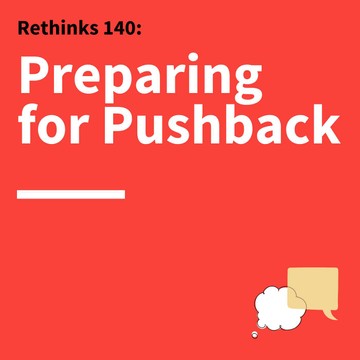
133 snips
Apr 30, 2024 • 21min
140. Rethinks: How to Handle a Skeptical Audience
Burt Alper, a Stanford GSB lecturer and expert in strategic communication, shares his insights on engaging with skeptical audiences. He emphasizes the importance of preparing for objections and using techniques like reframing and acknowledging audience input. The discussion highlights how to distinguish between emotional and logical skepticism while maintaining credibility. Alper also delves into the art of paraphrasing to enhance communication and build connections, ensuring speakers remain calm and authentic, even in challenging discussions.
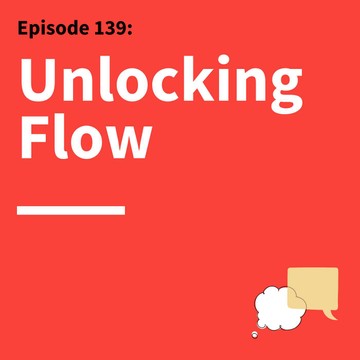
189 snips
Apr 23, 2024 • 22min
139. Lose Yourself: The Secret to Finding Flow and Being Fully Present
David Melnikoff, an Assistant Professor at Stanford GSB, dives into the concept of flow—being deeply engaged in tasks and how it impacts performance and joy. He explains that embracing uncertainty is key to achieving flow, as it narrows our focus and boosts motivation. The discussion highlights the importance of effective communication and feedback in fostering flow at work. Melnikoff also shares playful techniques for reaching flow, reinforcing how it enhances goal achievement and overall productivity.
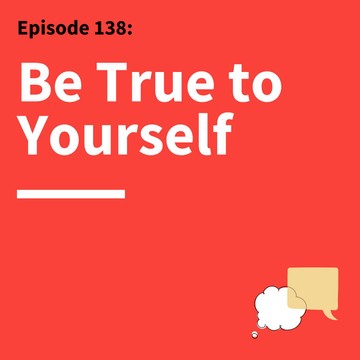
185 snips
Apr 16, 2024 • 27min
138. Speak Your Truth: Why Authenticity Leads to Better Communication
Graham Weaver, a management lecturer at Stanford Graduate School of Business and founder of Alpine Investors, dives deep into the essence of authenticity in communication. He emphasizes that speaking your truth fosters clarity and compassion, while avoiding difficult conversations can lead to confusion and negative outcomes. Weaver shares his personal struggles with being conflict-averse and how embracing directness transformed his approach. He discusses the journey toward personal fulfillment and effective leadership through self-mastery and genuine connections.
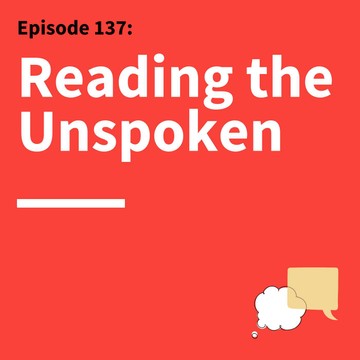
87 snips
Apr 9, 2024 • 27min
137. When Words Aren’t Enough: How to Excel at Nonverbal Communication
Dana Carney, a professor at Berkeley and an expert on nonverbal communication, explores the art of conveying messages beyond words. She emphasizes how nonverbal cues can reveal biases and power dynamics. Carney discusses the three V's of communication and the importance of eye contact and physical presence. She also highlights cultural variations in nonverbal cues and provides practical strategies for improving self-awareness. Listeners gain insights into mastering their own nonverbal signals for more effective communication.
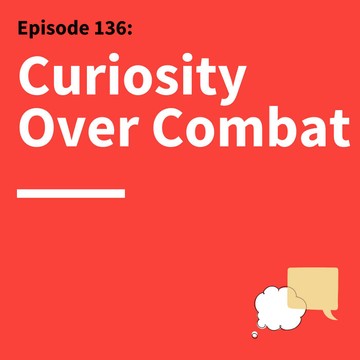
285 snips
Apr 2, 2024 • 29min
136. The Art of Disagreeing Without Conflict: Navigating the Nuance
In this engaging discussion, Julia Minson, an associate professor at the Harvard Kennedy School and expert in decision-making, shares her insights on navigating disagreements. She distinguishes between conflict and disagreement, emphasizing the importance of curiosity and receptiveness in communication. Listeners learn actionable strategies for constructive disagreement, including the HEAR framework, which focuses on empathy and self-reflection. Minson highlights how fostering understanding can enhance creativity and collaboration in both personal and professional interactions.
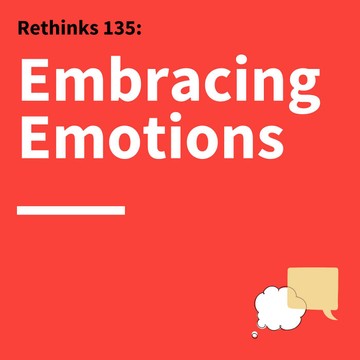
69 snips
Mar 26, 2024 • 23min
135. Rethinks: The Personal and Professional Power of Emotional Awareness
Celine Teoh, a facilitator at Stanford Graduate School of Business and CEO coach, emphasizes the importance of emotional awareness in personal and professional interactions. She argues that feelings serve as vital data for decision-making. Teoh discusses techniques for improving communication by fostering empathy and connection, particularly in the workplace. The conversation also highlights conflict resolution strategies, including the value of supportive communication and emotional clarity, showing how emotional engagement can transform relationships.


